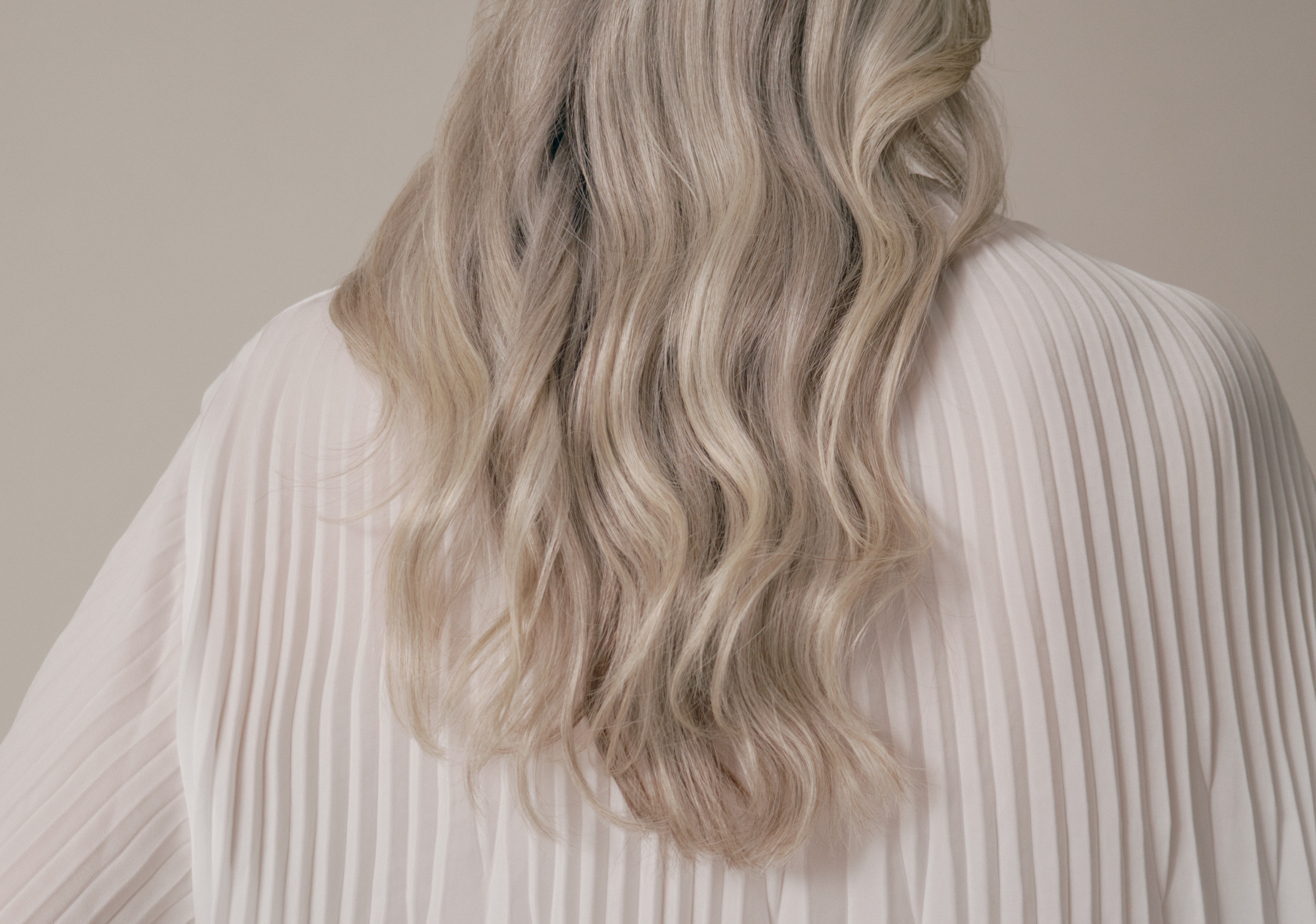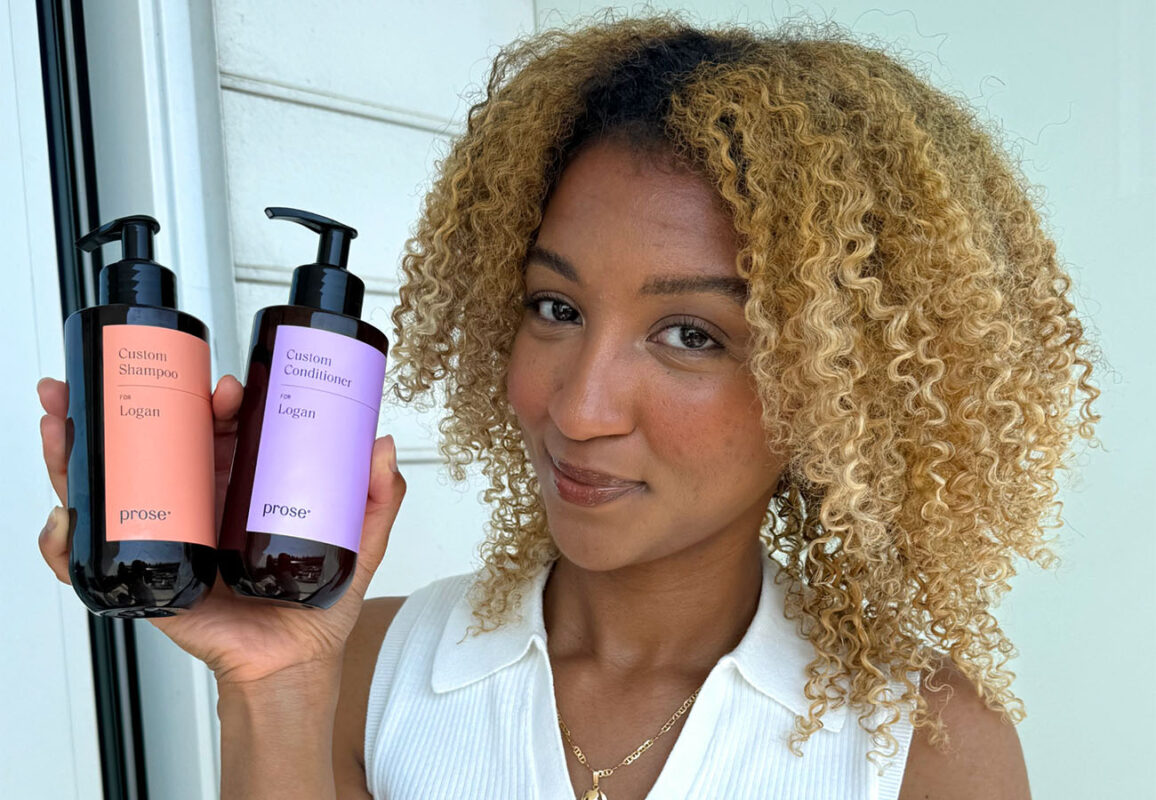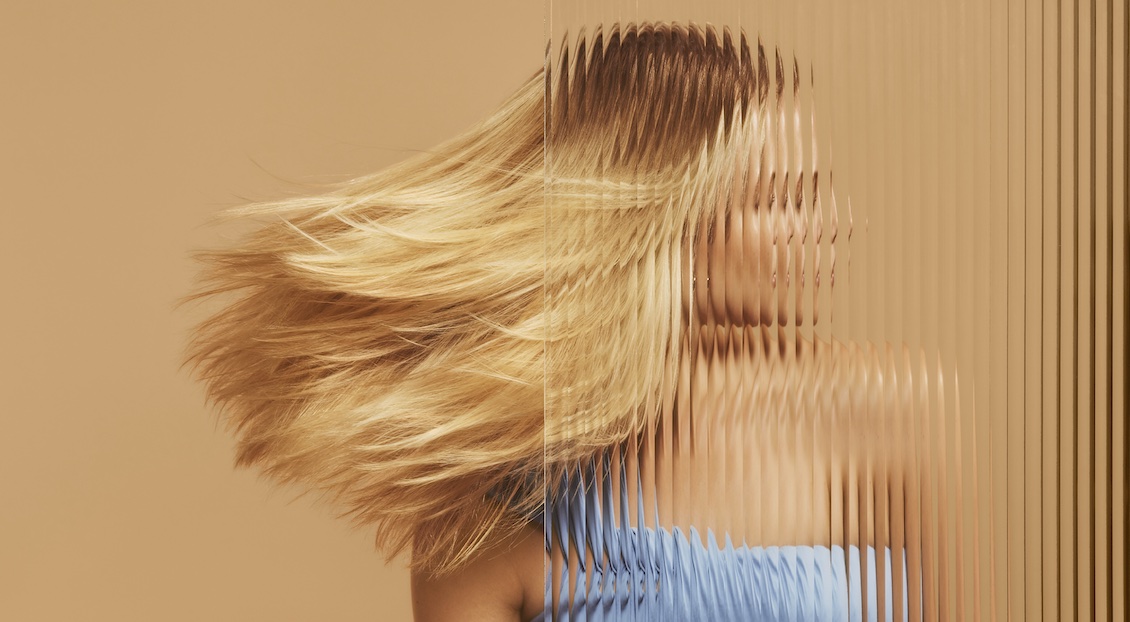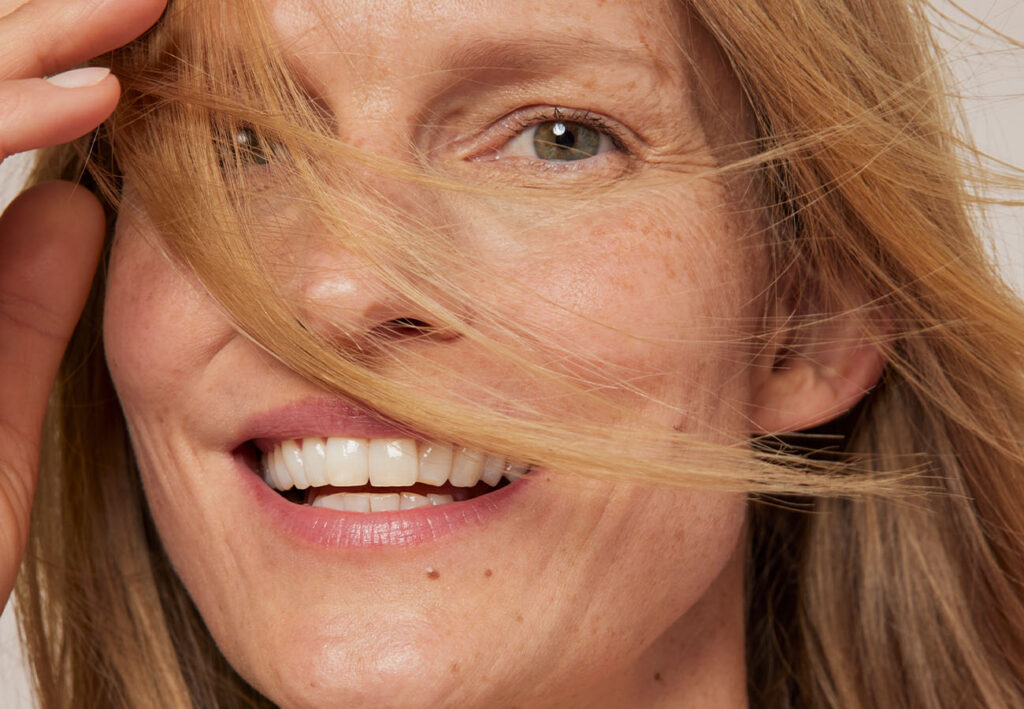Gray Hair Is More Common Than You Think
We regularly see celebrities with beautifully pigmented hair well into their 50s and 60s. While we know expensive Hollywood hairstylists color this famous hair, seeing it can still leave us feeling outdated when the first gray strands appear. Even regular citizens with better access to affordable, high-quality drugstore dyes can impact those who are brave enough to celebrate their silver stripes.
Although you can’t always see it, around 50% of people experience partial graying by age 50. Gray hair is more common in Caucasian people and happens equally between men and women. Women often experience the first signs of gray hair around their hairline, while men usually begin losing color at their temples.
What Causes Gray Hair?
Melanin maintains your hair color, and it is the same pigment the body produces to determine skin and eye color. Specialized skin cells called melanocytes create melanin, and as we age, they generate less pigment. The grey color we see results from low pigment levels reflected in mostly translucent strands and happens for a variety of reasons.
Genetics
Genetics mostly determine the rate of pigment loss. If you’re wondering whether your gray hair is coming in early, look at your aging family members. In general, experts consider graying as premature if it happens before age 20 in Caucasian people or age 30 in Black people.
Medical Conditions
Outside natural aging, some autoimmune disorders or other medical conditions, such as Werner syndrome, can cause gray hair. Gray locks are sometimes a thyroid disease indicator or a sign of Vitiligo when accompanied by reduced skin pigment.
Lifestyle
Sometimes, stress can cause early gray hair, and its connection to immune response could be a factor. A high-stress lifestyle can contribute to premature aging, which likely impacts the timing of grey hair. While not fully understood, stress causes the body to produce the hormone norepinephrine, which damages your melanocytes.
Smoking is another contributor to premature aging. Since smoking generates oxidative stress, researchers believe this causes similar melanocyte damage.
Researchers have also linked gray hair to some nutritional deficiencies. Eating a nutritionally balanced diet or taking supplements that include the following nutrients is a good way to prevent early graying:
- Vitamin C
- Vitamin D
- B vitamins (B5, B6, B9 and B12)
- Calcium
- Copper
- Iron
- Protein (keratin)
- Zinc
Managing Gray Hair
If you already have some gray hair, it’s important to know how to care of your strands. Although gray hair seems coarser and less manageable than fully pigmented strands, this is often the result of less oil production from your scalp. This means gray hair benefits from products that help it replace moisture.
Quality shampoos and conditioners containing humectants are a great start if your gray hair seems unruly. Adding a leave-in conditioner or hair oil can further lock in moisture, restoring these new hair strands to blend better with pigmented strands. As always, a healthy scalp is a foundation for healthy hair, so don’t forget to include a quality prewash scalp mask as well.
Remember that aging hair doesn’t mean you lose the chance to express yourself. Getting a different haircut or adding a pop of color once the gray settles in can help you embrace your new look and still feel fabulous. Gray hair is inevitable, but a little TLC and a shift in perspective could turn this new chapter of your life into an adventure.
As your hair goes through these changes, you may find gray hair comes with a set of unique needs that weren’t a concern before. It’s important to alter your hair care routine to cater to this evolution. To maximize your approach, take the free Prose hair consultation to receive products made with a formula customized to give your hair exactly what it needs.





